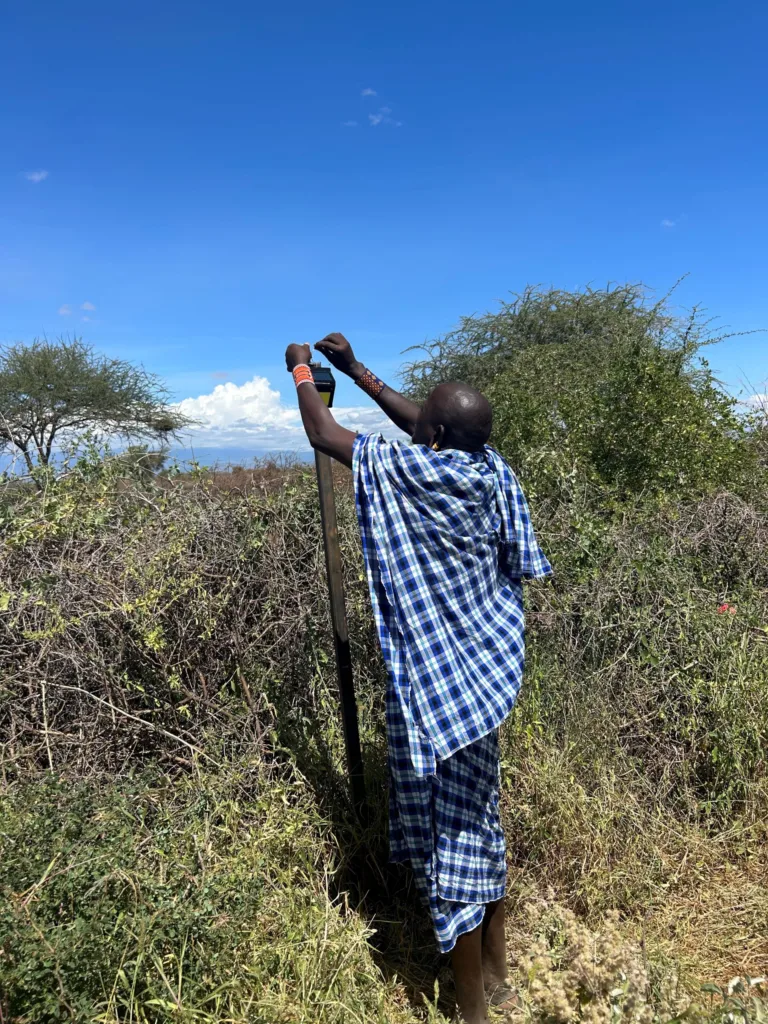SFS Australia Joins the WWF Climate Crowd
The School for Field Studies experience is about gaining practical understanding and knowledge in the field of environmental science. All of the skills labs, field exercises, and directed research projects are aimed at deepening students’ ecological understanding, encouraging them to ask the right questions, and advancing their field techniques—all for the sake of better preparing them to work for any number of environmental agencies. Here at the Center for Rainforest Studies (CRS), though, a new partnership with the World Wildlife Fund (WWF) has enabled us to jump to that end goal and incorporate it into our curriculum.
Climate Crowd is a WWF initiative looking to crowdsource large amounts of data on how vulnerable communities are affected by changes in weather and climate, how they are responding to these changes, and how their responses might be impacting biodiversity. Data is collected through different methods, including personal observations, interviews, and stories. Thus far there have been 650 reports collected in communities throughout Central and South America, Africa, and Asia. By partnering with CRS earlier this year, WWF was able to start incorporating Australian communities in its census as well.
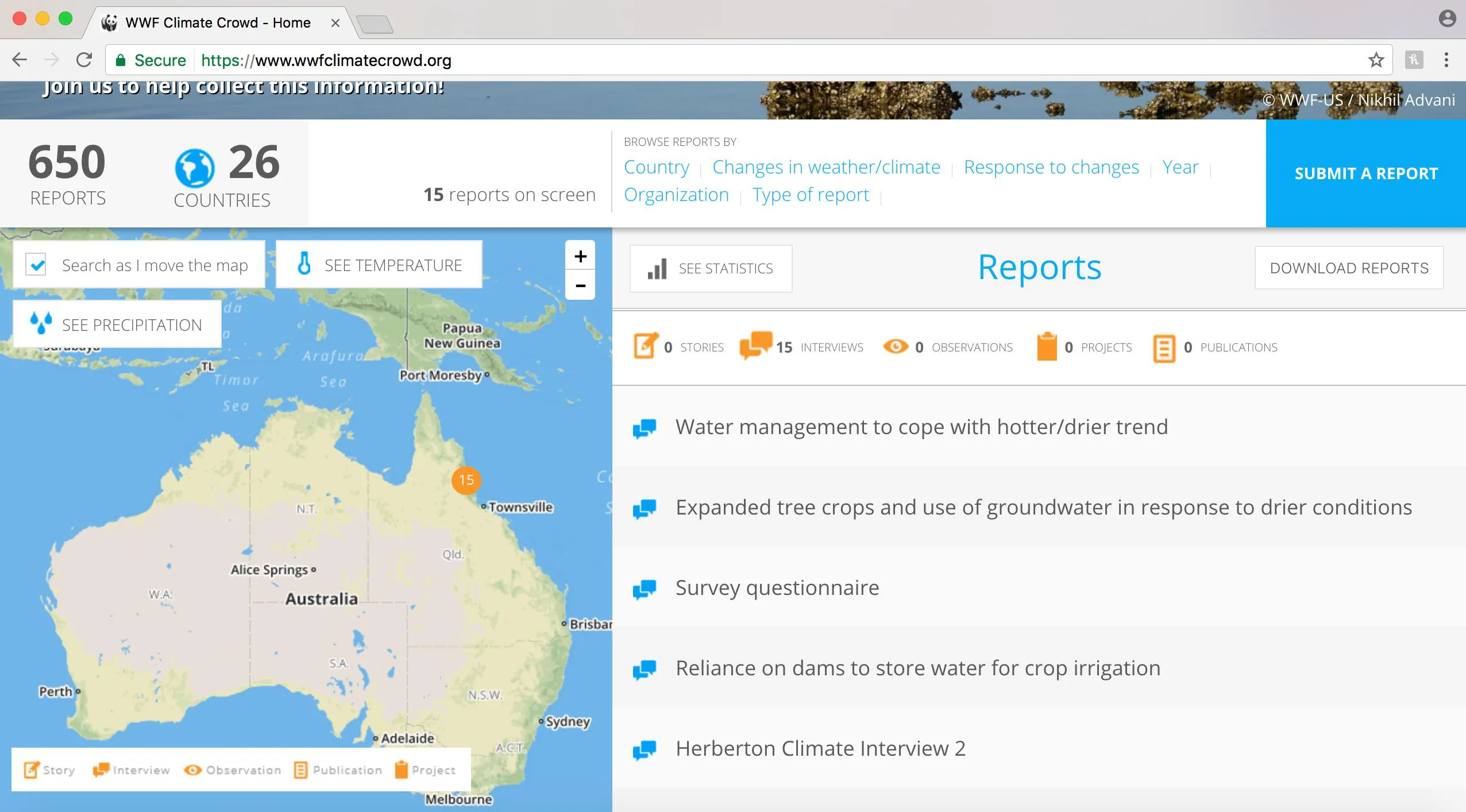
The interactive map on the Climate Crowd website allows viewers to see reports—personal observations, stories, and interviews—that have been submitted from locales around the word. The 15 reports shown in the Wet Tropics region of Australia on the map above were submitted as interviews by CRS students in the Wet 2017 semester.
And that is where our students come in. The goal of the Climate Crowd initiative has fit in well with the CRS research topic surrounding community risk perceptions of and community resiliency to climate change. This has led Environmental Policy and Socioeconomic Values professor Dr. Justus Kithiia to begin designing field exercises where CRS students visit various towns throughout the Wet Tropics in order to interview community members and make personal observations about recent local changes in weather and climate, and corresponding responses to such changes. The students then are required to not only write up a report of their findings for course assignment submission, but also to submit the report to the Climate Crowd website. After review by WWF, the reports are then added to the Climate Crowd interactive map, for people and agencies around the world to access.
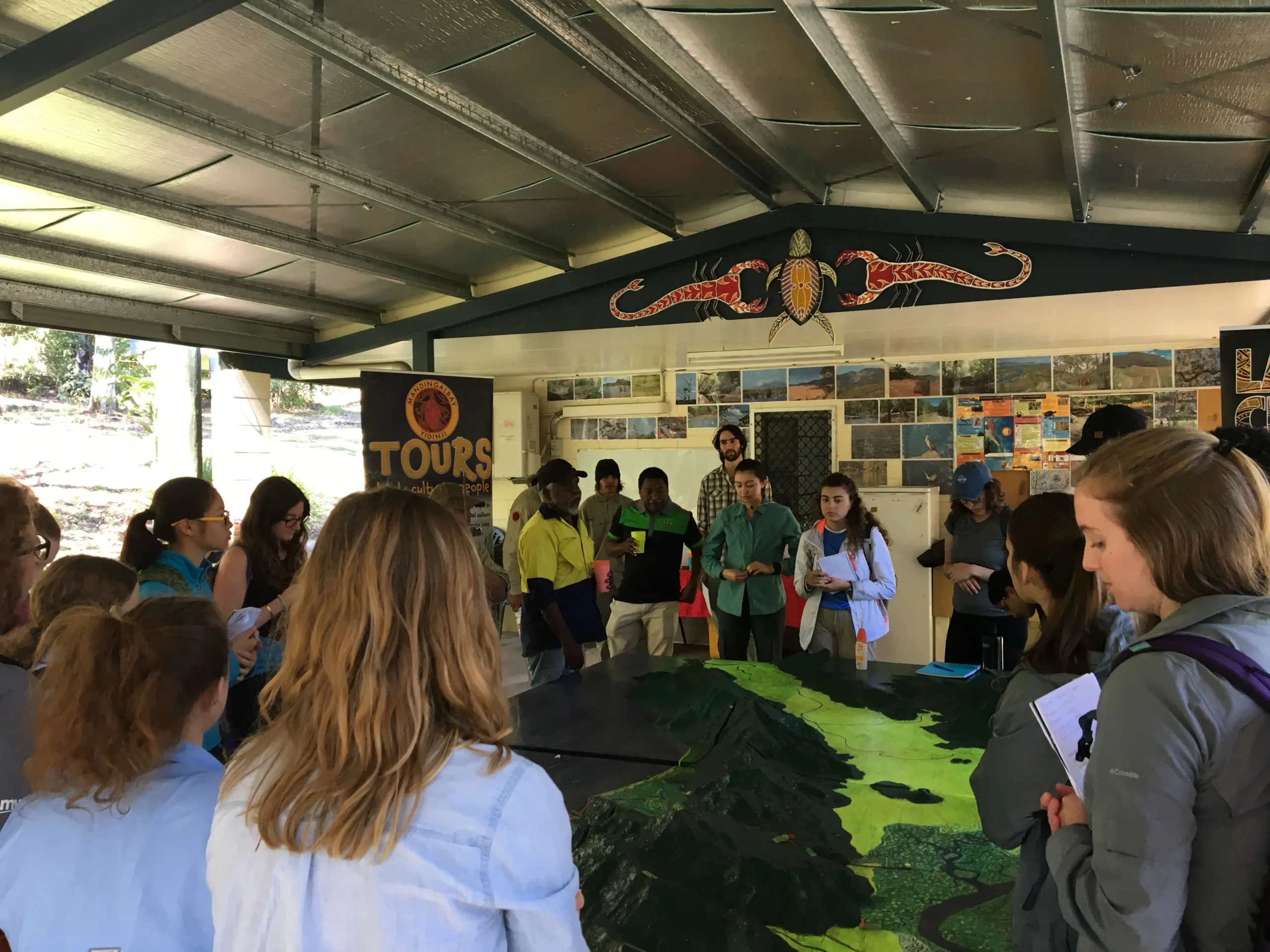
CRS Summer 2 2017 students learn about the Djunbunji Land and Sea Program before interviewing rangers from the Mandingalbay Yidinji country about their observations of changing climate and weather conditions, impacts of those changes on their local livelihoods, and responses they have observed to such changes.
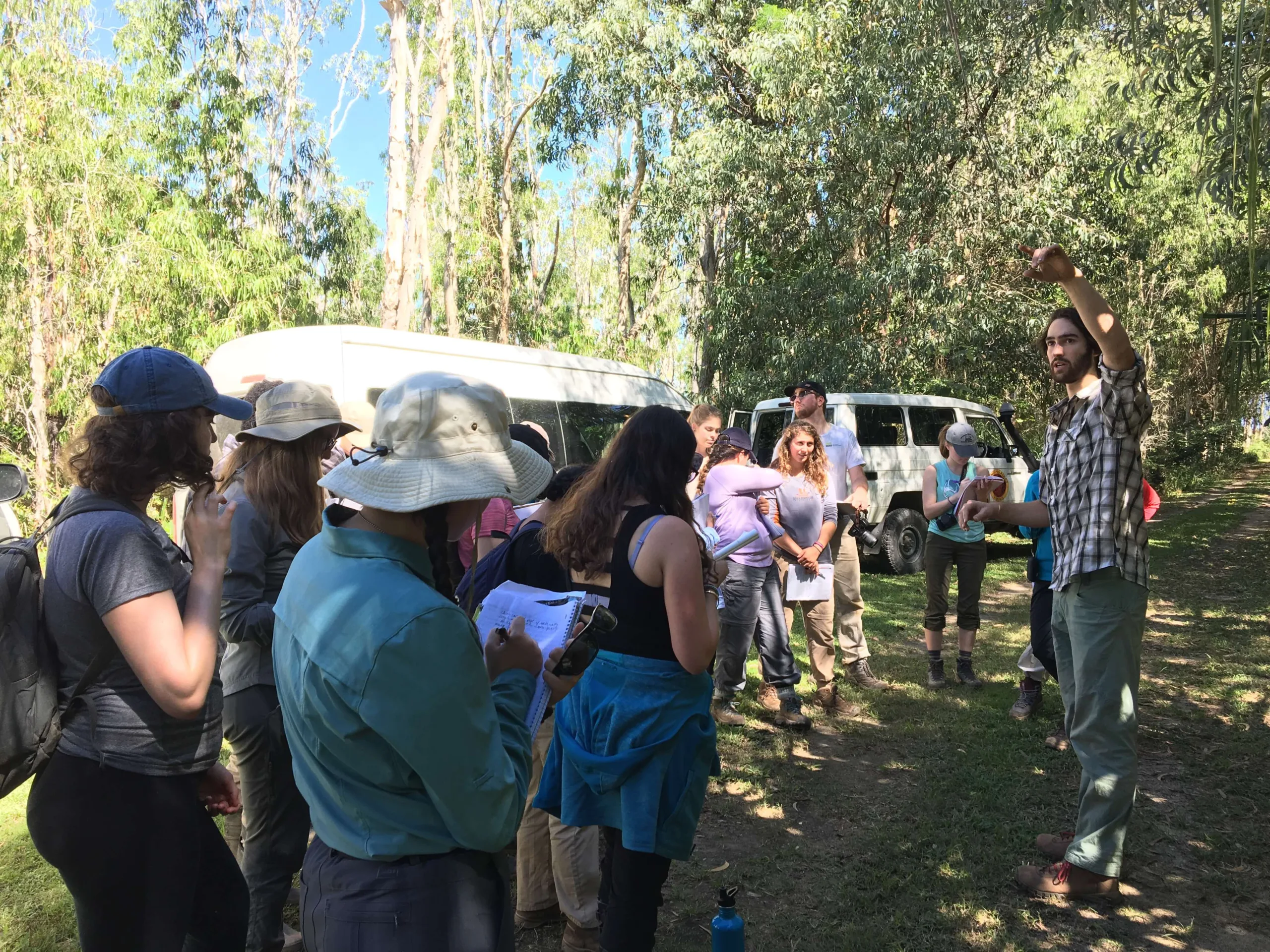
CRS Summer 2 2017 students hear from Sean Reilly, CRS alumnus and current Fulbright Scholar, about his work with the Djunbunji Land and Sea Program, in which he is assisting the rangers in their efforts to manage the pond apple, an invasive tree species from Florida that devastates wetland habitats.
The Center for Rainforest Studies’ partnership with WWF has not only advanced local and global understanding of climate change in the Wet Tropics, but also has strengthened our students as citizen scientists, researchers, and future environmental professionals. Among the many skills our students become equipped with after studying abroad with SFS, familiarity with and contribution to a worldwide organization’s climate initiative is now one of them. This kind of experience is invaluable to the students, as they progress in their schooling and prepare to enter the environmental workforce. CRS looks forward to continuing the WWF partnership in the coming semesters, and involving more and more students in the data collection.
Related Posts
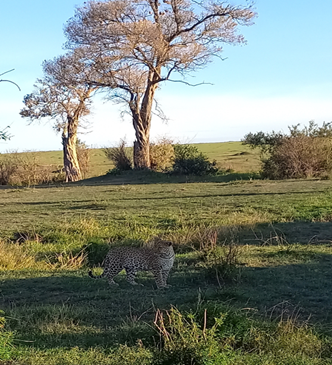
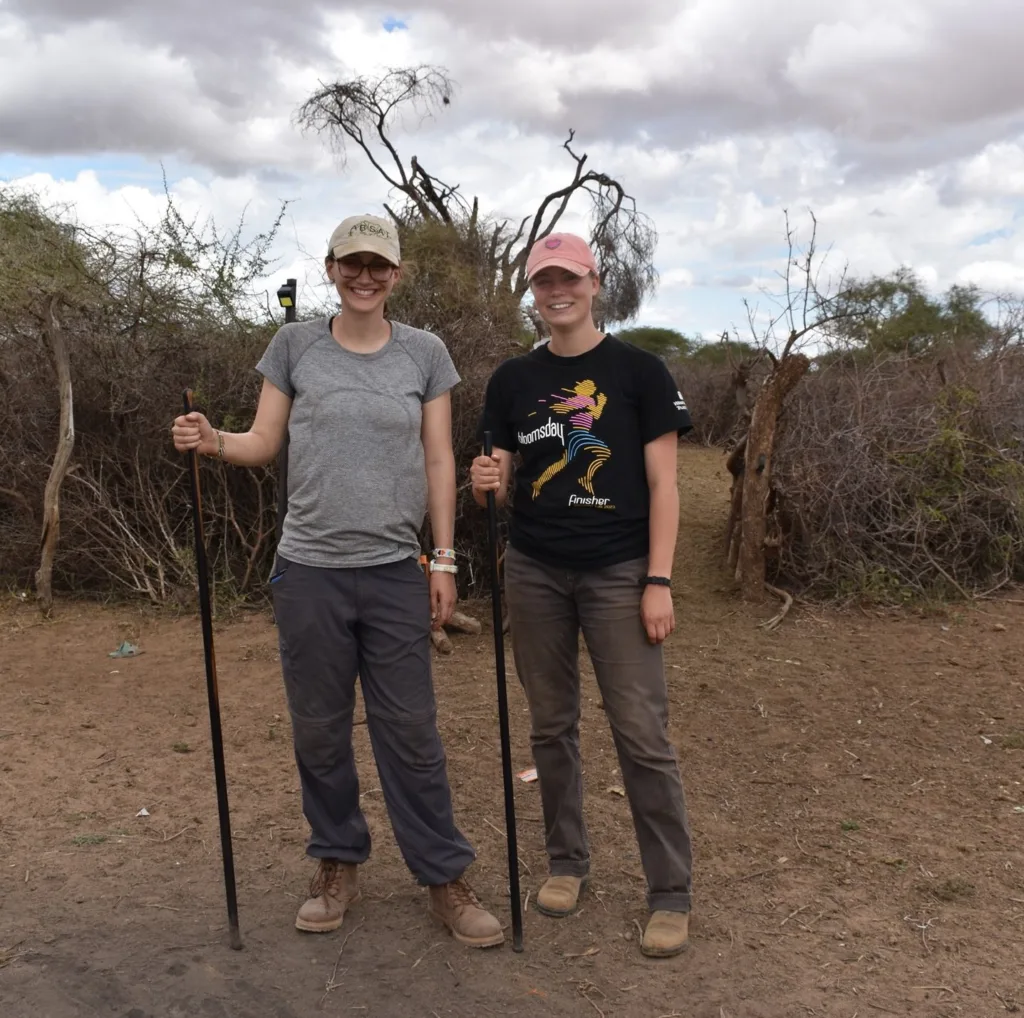
Alumni Reflections: Stories of the Return to Kenya
